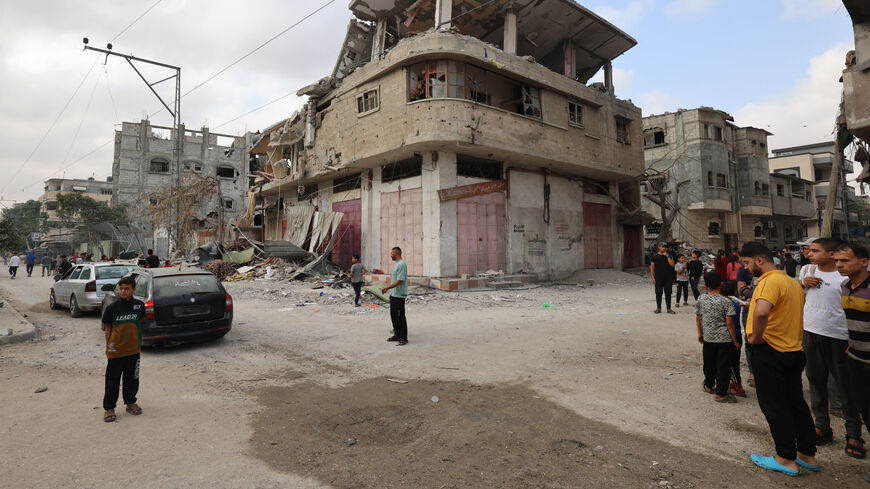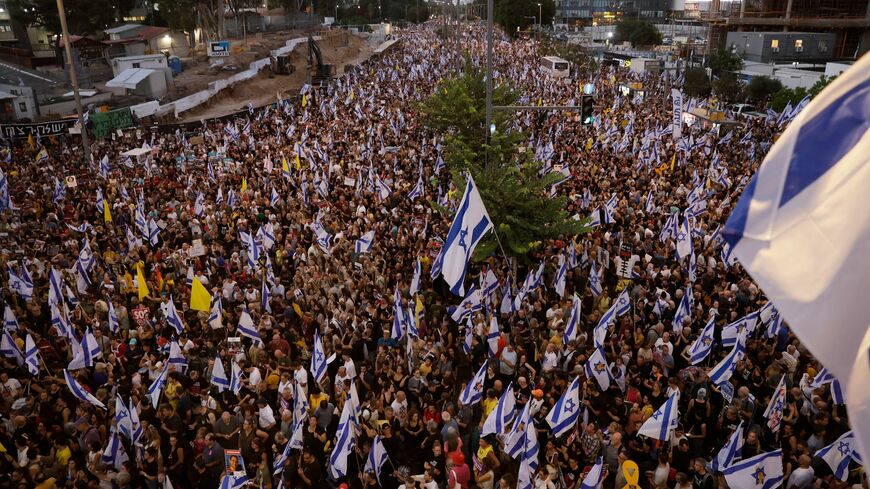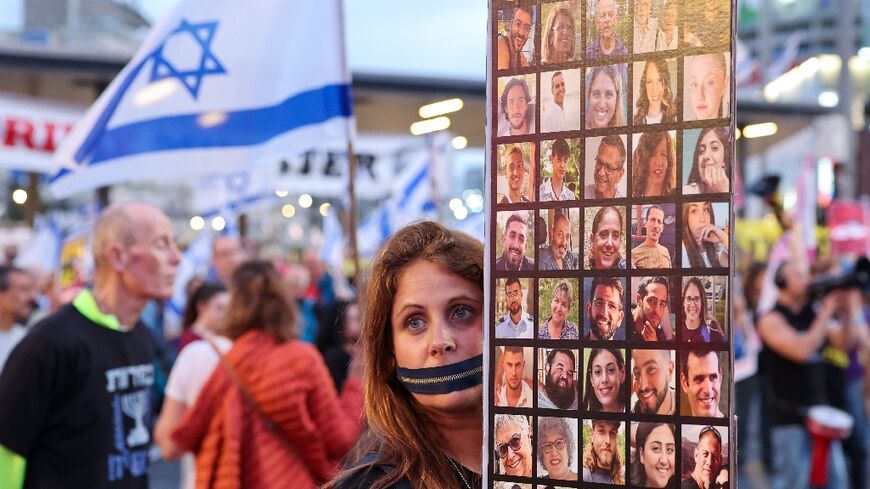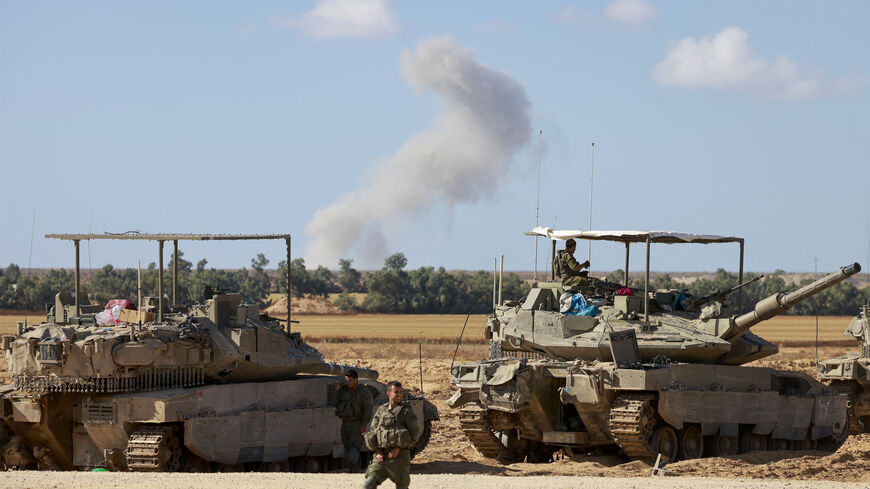As Egypt expresses optimism, how Israel-Hamas cease-fire deal could look
As Israel and the rest of the world wait for Hamas to respond to the latest cease-fire proposal, new reports suggest that Israel will agree to a reduced number of 33 hostages to be released in the first stage.

Israel waited Monday for Hamas' official response to the latest hostage release and Gaza cease-fire proposal days after Egypt tabled a three-phase proposal.
Israel has so far refrained from making any official statements on the current outline. Ynet reported over the weekend that Israeli input largely helped shape the possible deal. After reports that Israel would send a mid-level negotiating team of Israeli military, Mossad and Shin Bet representatives back to Cairo on Tuesday in the event of positive momentum, Israel's Channel 13 reported Monday that the delegation would indeed head to Cairo the following day.
Citing unnamed Israeli officials on Monday, the New York Times confirmed reports that the deal on the table will see the release of 33 hostages in the first stage, down from Israel’s previous demand of 40. The 33 released will include women, female soldiers, elderly hostages and people injured or ill, including physically and mentally. According to the newspaper, Israel’s shift owed to new information on how many hostages have died in captivity.
Speaking at the special meeting of the World Economic Forum held in Riyadh Monday, British Foreign Minister David Cameron said that the current proposal put to Hamas includes a 40-day cease-fire and the release of “potentially thousands” of Palestinian prisoners incarcerated in Israel in exchange for the release of hostages. “I hope Hamas do take this deal and frankly, all the pressure in the world and all the eyes in the world should be on them today saying, 'take that deal,'" he said. Earlier in the day, US Secretary of State Antony Blinken, who is currently in Riyadh and set to travel to Israel and Jordan on Wednesday, called on the Hamas leadership to accept the proposal, describing it as “extraordinarily generous.”
Meanwhile, Egypt, which has in recent weeks emerged as the key mediator after Qatar said it was "reassessing" its role as interlocutor between Israel and Hamas, has expressed some optimism. Egyptian Foreign Minister Sameh Shoukry, also currently in Riyadh, said on Monday, "We are hopeful the proposal has taken into account the positions of both sides, has tried to extract moderation from both sides, and we are waiting to have a final decision."
Shoukry added, "There are factors that will have impact on both sides … but I hope that all will rise to the occasion and recognize that we cannot have the situation of continuing loss of life."
What we know of the deal
Recent reports suggest that Israel will agree to postpone its preparations for entering the Gaza city of Rafah, near the border with Egypt, while 33 hostages will be released in a first phase in exchange for Israel agreeing to a 33- to 40-day cease-fire. Israel had originally agreed to six weeks, but that was before Hamas said April 11 it was not holding 40 living abductees who would qualify to be released in the first stage. In response, Israel said that an initial cease-fire should be shorter.
Other demands by Hamas upon which Israel would reportedly be willing to compromise include the return of displaced Palestinians from the south of the Gaza Strip to the north. For that to happen, Israel will permit Palestinians to cross the east-west Netzarim corridor in the center of the Strip. It is unclear whether Israel might agree for that travel to take place during the first or second phase of a deal.
Hamas has also been demanding that Israel significantly increase the entry of humanitarian aid into the enclave, but this process seems to be already underway. David Satterfield, the outgoing US special envoy for Middle East humanitarian issues, told reporters last week that the volume of humanitarian assistance reaching the coastal territory, especially the north, is “significantly greater” than in previous months. Satterfield added that it is still "not enough. But it is progress."
As part of this new proposal, Israel has expressed willingness to discuss a longer cease-fire that could last as much as a year, Axios reported on Saturday. If so, this deal would mark the first time that Israel would agree to a months-long cease-fire.
Israel hopes to see the rest of the hostages, including male civilians and soldiers, as well as the bodies of others released in the second phase. No more details on the potential second phase have emerged.
Plight of the families
As reports on a possible deal continue to trickle in, the families of the remaining Israeli hostages are ramping up their appeals to the government to reach an agreement with Hamas. Last week, Hamas released two videos showing dual Israeli-American citizen Hersh Goldberg-Polin and Omri Miran and Kieth Siegel, who is also an Israeli-American. Relatives of Miran and Segal held a press conference in Tel Aviv Monday, begging the war cabinet to bring their loved ones home. Miran’s wife, Lishay Lavi, addressed the government, saying, "We are aware that there is a concrete deal on the table. Don't miss another opportunity to bring back my Omri and everyone else. You owe it to us."







